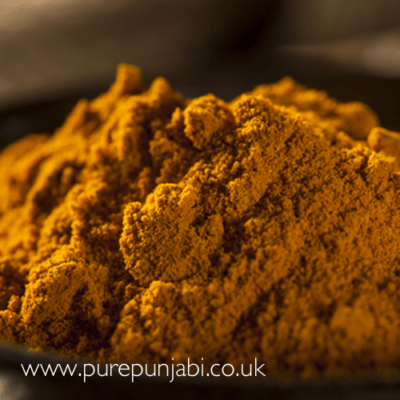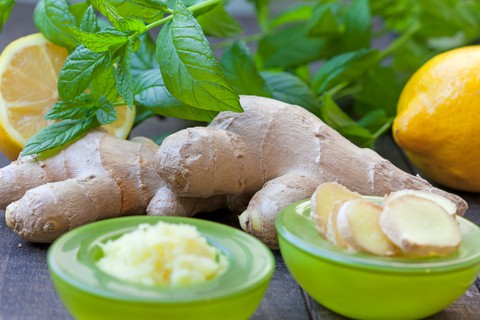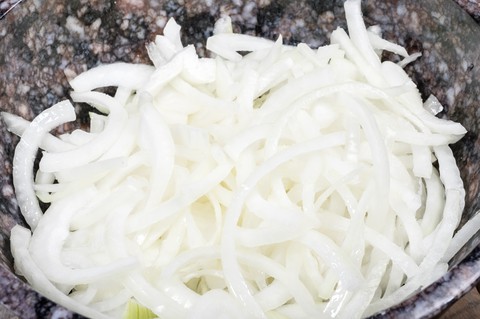Uncategorized
Fight off winter bugs with Traditional Indian remedies
Traditional Indian remedies using herbs and spices, not only provide great flavour to so many dishes, but also contain a powerhouse of natural ingredients. These ingredients help to boost our immune system and help us fight off seasonal bugs.

Here are our 3 favourite Indian remedies that we use year after year to fight off Winter nasties…
Winter cough: Turmeric ‘tea’
Turmeric is known for it’s many uses and this golden powder helps to loosen phlegm and send you on the way to recovery.

Put a glass of milk into a saucepan and add one tablespoon of turmeric. Gently bring to the boil and then simmer for a minute or two. Drink once the milk has cooled to drinking temperature (make sure you put it into a mug and not a glass!).
If making this for children, you can add a little sugar as the turmeric can taste a bit bitter (although try not to add lots of sugar).
Repeat this twice daily until the cough has cleared. If you are lactose intolerant, you can swap the milk for your dairy-free milk of choice, as the turmeric is the key ingredient.
Upset stomach: Lemon, ginger & mint
Now, I know what you’re thinking…surely this combination is for a sore throat! Well, these particular ingredients are so powerful that they can help with more than just a sore throat.

Ginger, known for it’s stomach calming properties, plays a key part in soothing the cramping and nausea. The lemon helps to dilute the heat from the ginger and gives your immune system a general boost. Mint oil is a powerful anti-spasmodic and is often prescribed to IBS sufferers to ease the pain cause by stomach spasms.
Please be warned, this remedy will, at first, feel as though it has exacerbated the situation, this is mainly due to the heat of the ginger. However, after 10 minutes, you will suddenly realise that the nausea and pain has been subdued.
Method – On the fine side of a grater, grate a small piece of ginger until you have roughly a teaspoon’s worth. To that add the juice of half a lemon. Then take one or two mint leaves (depending on the size of the leaves) and chop them as finely as you can. Add them to the lemon and ginger. Stir all the ingredients and down the mixture in one sift go. You may experience a fizzing sensation at first (from the ginger), but this will pass and 5-10 minutes later, you will feel much better. If you have a particularly bad stomach, you may need to repeat this after 3-4 hours. Do not take anymore than 4 doses per day.
I would not recommend giving this remedy to children, mainly because they often do not like the heat from the ginger, and when they are not feeling well, it is not a good idea to test this theory! However, please use your own judgement based on your child’s personality as well as their flavour preferences.
Headaches: Turmeric & onions
Our wonder spice, turmeric, comes to the rescue again! if you have been suffering from headaches and don’t want to be popping pills every time that tight feeling creeps over your temples, why not give this a try?

Method: Slice half an onion and gently sizzle in a small amount of ghee or oil over a medium heat (add just enough ghee/oil so that it doesn’t stick or burn to the pan, no more). After around 5 minutes, or till the onions have completely wilted and turned soft, you can add one crushed clove of garlic and a teaspoon of finely minced ginger (these 2 ingredients are optional, but they do add more flavour). Then, a teaspoon at a time, add as much turmeric as you possibly can (around 5 to 6 teaspoons is a good amount).
The more you have this mixture, the better. Take 2 tablespoons of the onion mixture before each meal, and also try to have a tablespoon between meals. Take this for one week.
If you want to add this to your daily routine on an ongoing basis, then have one tablespoon before each meal (don’t add it between meals).
Learn how to make Indian dishes that use turmeric, garlic, ginger, onions and many more herbs and spices that your family can enjoy time and time again: See our cookery school
The information provided in this article is intended for your general knowledge only and is not a substitute for professional medical advice or treatment for specific medical conditions.
You should not use this information to diagnose or treat a health problem or disease without consulting with a qualified healthcare provider.
Please consult your healthcare provider with any questions or concerns you may have regarding your condition.

